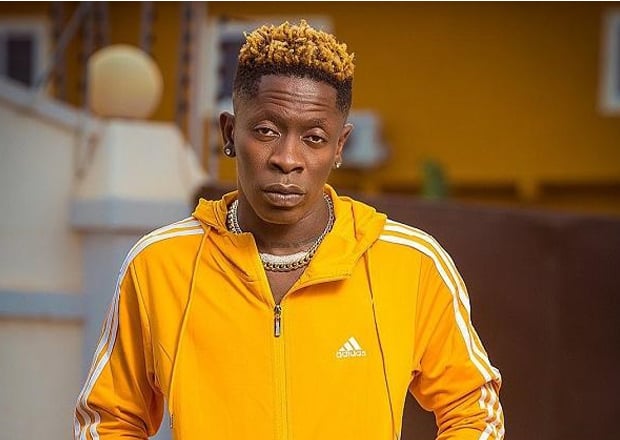The arrest of Ghanaian businessman Kofi Boat by the Federal Bureau of Investigation (FBI) on allegations of involvement in a $100 million fraud scheme has sparked controversy and divided public opinion. Media reports suggest that Boat, along with two other individuals identified as Agony and an unnamed accomplice, orchestrated a complex financial fraud operation currently under investigation by US authorities. The news has sent shockwaves through Ghana, particularly within the entertainment industry where Boat is known for his association with prominent figures such as dancehall artist Shatta Wale.
Shatta Wale, whose real name is Charles Nii Armah Mensah, has emerged as a staunch defender of Kofi Boat, vehemently rejecting the fraud allegations and portraying him as a victim of a failed business deal rather than a perpetrator of intentional fraud. In an emotionally charged Facebook Live video, Wale, visibly distressed and tearful, pleaded for divine intervention to clear Boat’s name, referring to him as his “godfather.” He expressed disbelief that Boat, whom he characterized as an honest businessman, would engage in such illicit activities, questioning the narrative presented by media reports and emphasizing that the situation stemmed from a business venture gone awry, not a deliberate scheme to defraud individuals.
Wale’s impassioned defense highlighted the close relationship between the two men, revealing the extent to which Boat’s arrest has impacted him personally. He expressed profound concern for Boat’s family, particularly his wife and children, lamenting the emotional toll the public scrutiny and legal uncertainty were taking on them. His distress underscored the human cost of such allegations, even before any formal charges or convictions are handed down. The artist’s public pronouncements have injected further complexity into the unfolding narrative, prompting intense debate and speculation about the veracity of the allegations and the true nature of Boat’s business dealings.
The case against Kofi Boat and his alleged accomplices remains shrouded in some degree of mystery, as US authorities have yet to release an official statement confirming the specific charges or their legal status. This absence of official information has fueled speculation and allowed various narratives to proliferate, further complicating the public’s understanding of the situation. The lack of clarity surrounding the specific nature of the alleged fraud, the roles of the individuals involved, and the evidence gathered by the FBI has created an environment ripe for conjecture and has amplified the impact of Wale’s emotional defense.
This incident highlights the significant influence of social media and celebrity endorsements in shaping public perception, particularly in cases involving high-profile individuals. Shatta Wale’s emotional plea, broadcast via Facebook Live, has undoubtedly resonated with his large fan base and contributed to a more nuanced understanding of Kofi Boat within certain segments of the public. However, it also raises questions about the potential for such public pronouncements to influence or interfere with ongoing investigations and judicial processes. The case underscores the complexities of navigating public opinion and legal proceedings in the age of social media.
As the investigation unfolds, the case of Kofi Boat promises to be a closely watched affair, not only for its potential legal ramifications but also for its implications on the intersection of business, celebrity, and public perception. The contrasting narratives presented by media reports and Shatta Wale’s impassioned defense highlight the challenges in discerning truth from speculation in the absence of official confirmation. The case serves as a reminder of the importance of due process and the presumption of innocence until proven guilty, even as public opinion often rushes to judgment. The ultimate outcome of the investigation will undoubtedly have significant consequences for all involved and will likely contribute to a broader discussion about the role of social media and celebrity influence in shaping public discourse around legal matters.














